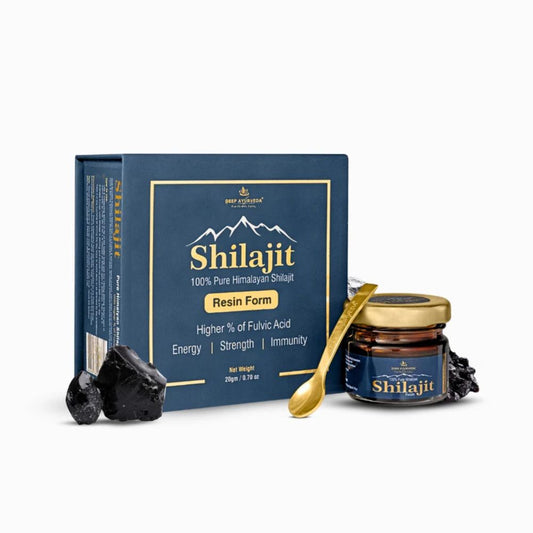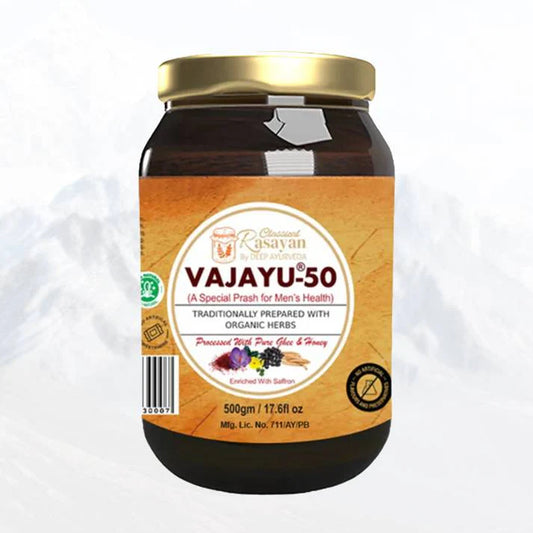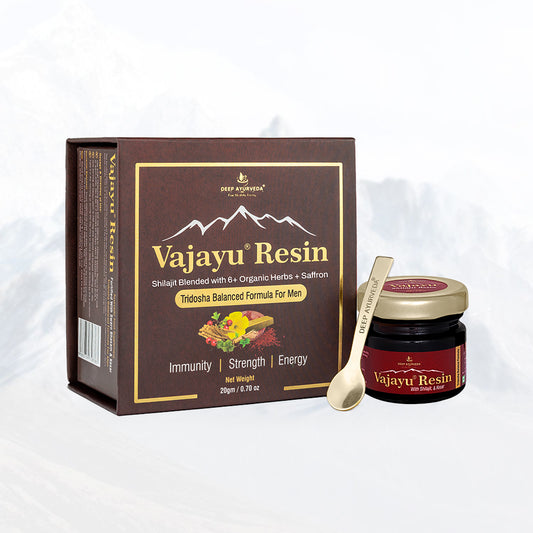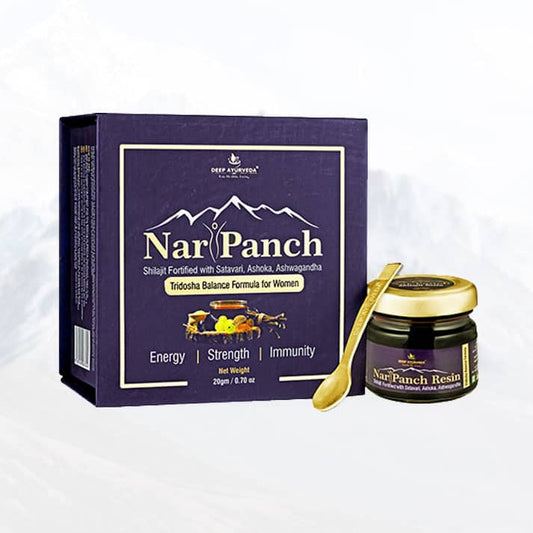
Feeling Stressed? Go Natural with Ashwagandha!
✅ 100% Natural & Plant-Based ✅ Sleep Setter ✅ Reduces Stress & Promotes Relaxation ✅ Boosts Energy, Stamina & Confidence
Understanding Anxiety in Australia

Feeling anxious occasionally is normal — we all experience stress before exams, interviews, or major life changes. But when anxiety becomes constant and affects your daily life, it may be time to seek help.
In Australia, anxiety disorders are the most common mental health condition, affecting nearly one in four people at some point. The good news? Treatment is effective — and includes a combination of therapy, medication, and natural approaches that help bring balance back to both mind and body.
This guide breaks down everything you need to know about anxiety medication in Australia, plus a closer look at Ashwagandha Capsules — a plant-based, natural option that’s gaining attention for stress relief and mental clarity.
When Is Anxiety Medication Needed?

Not everyone with anxiety needs medication. Many people manage their symptoms through lifestyle changes and therapy (like Cognitive Behavioural Therapy, or CBT).
However, doctors may recommend medication when:
- Anxiety is persistent and intense
- It interferes with daily tasks like work or relationships
- You’ve tried therapy or natural approaches without enough relief
- There are symptoms like panic attacks, insomnia, or physical tension
A GP or psychiatrist in Australia can help decide whether medication is right for you and guide you through safe, evidence-based options.
Types of Anxiety Medications in Australia

In Australia, anxiety medications are prescribed according to Therapeutic Goods Administration (TGA) and clinical guidelines. They fall into several main categories:
1. SSRIs (Selective Serotonin Reuptake Inhibitors)
SSRIs are often the first-line treatment for anxiety. They work by increasing serotonin — a chemical that helps regulate mood and calmness.
Common SSRIs available in Australia include:
- Sertraline (Zoloft)
- Escitalopram (Lexapro)
- Fluoxetine (Prozac)
- Paroxetine (Aropax)
- Citalopram (Cipramil)
Pros: Well-researched, generally safe, effective for long-term use
Cons: May take 4–6 weeks to show results; mild side effects (nausea, sleep issues, appetite changes)
2. SNRIs (Serotonin-Norepinephrine Reuptake Inhibitors)
These work on both serotonin and norepinephrine to stabilise mood and improve focus.
Examples:
- Venlafaxine (Effexor XR)
- Duloxetine (Cymbalta)
Best for: Generalised anxiety disorder, social anxiety, and sometimes panic disorder.
Possible side effects: Headaches, dizziness, increased blood pressure in some people.
Benzodiazepines (Short-Term Relief)
Benzodiazepines work fast — usually within an hour — to calm intense anxiety or panic attacks.
Common types: Diazepam (Valium), Lorazepam (Ativan), Alprazolam (Xanax)
However, these are usually prescribed short-term only because they can cause dependence if used for weeks or months.
Doctors in Australia follow strict rules for benzodiazepine use — they’re meant for short-term management only.
Other Medications Sometimes Used
-
Buspirone: Non-sedating anti-anxiety option for long-term management.
-
Pregabalin (Lyrica): Sometimes used when SSRIs don’t work well.
-
Beta-blockers (Propranolol): Used off-label to reduce physical symptoms like racing heart during performance anxiety.
- Atypical antipsychotics (e.g., Quetiapine): Occasionally prescribed for severe cases or when anxiety coexists with depression.
Accessing Anxiety Medication in Australia
If you think medication might help, here’s how the process works locally:
-
Book an appointment with your GP — they’ll assess your symptoms and medical history.
-
Get a prescription — if needed, you may be referred to a psychiatrist for specialist advice.
-
Medication through PBS — many anxiety medicines are covered under the Pharmaceutical Benefits Scheme (PBS), reducing costs.
-
Ongoing check-ups — your GP will monitor how the medication is working and manage any side effects.
- Telehealth — for remote or rural areas, online consultations are available across Australia.
💬 Tip: Always follow your doctor’s instructions — never start, stop, or adjust medication on your own.
What to Expect When Starting Anxiety Medication
Starting medication can feel daunting, but knowing what to expect helps.
-
Initial phase (first 2 weeks): Some people feel mild side effects — nausea, fatigue, or restlessness.
-
Improvement (4–6 weeks): Mood begins to stabilise; anxiety symptoms ease.
-
Full effect (6–12 weeks): Noticeable calmness and better coping ability.
- Review (after 3–6 months): Doctor may adjust dose or slowly reduce medication when stable.
🕊️ Remember: Patience is key. Most anxiety medications take several weeks to reach full effect.
Side Effects and Safety Tips
Every medication has side effects — but most are mild and temporary. Common ones include:
- Sleep changes or vivid dreams
- Digestive upset
- Headache
- Dry mouth
- Mild sexual side effects
What to do:
- Don’t stop medication suddenly — it can cause withdrawal symptoms.
- Report any severe effects to your GP.
- Avoid alcohol or other sedatives unless approved by your doctor.
- If pregnant or breastfeeding, always discuss alternatives with your healthcare provider.
Natural Anxiety Relief Options in Australia

While medication helps many people, others prefer a natural and holistic approach. Combining medication with lifestyle support can make recovery faster and more sustainable.
Here are some clinically recognised and natural remedies for anxiety relief:
1. Exercise and Movement
Regular physical activity releases endorphins and improves sleep. Even a 30-minute walk daily can reduce anxious feelings.
2. Mindfulness and Meditation
Mindfulness meditation, yoga, or deep-breathing exercises can calm the nervous system and lower stress hormones like cortisol.
3. Nutrition and Supplements
Certain nutrients — like magnesium, omega-3 fatty acids, and B-vitamins — support brain health and emotional balance.
4. Ashwagandha Capsules — Natural Stress Relief & Mental Clarity 🌿
In recent years, Ashwagandha Capsules have become one of the most talked-about natural supplements for anxiety and stress in Australia.
Ashwagandha (Withania somnifera) is an ancient Ayurvedic herb known for its adaptogenic properties — meaning it helps your body adapt to physical and emotional stress.
How Ashwagandha Works:
-
Reduces cortisol levels: Helps lower the body’s main stress hormone.
-
Supports mental clarity: Improves focus and calmness during stressful periods.
-
Promotes better sleep: Naturally supports healthy sleep patterns.
- Balances mood: Encourages steady energy and emotional stability.
Why Australians Are Turning to Ashwagandha Capsules:
- 100% plant-based and natural — no synthetic ingredients.
-
Non-habit forming — safe for long-term use.
- Complements both therapy and prescription treatments.
- Suitable for busy lifestyles where stress and anxiety are common
Many people in Australia now use Ashwagandha Capsules as part of a broader wellness routine — alongside meditation, therapy, and balanced nutrition.
5. Sleep Hygiene
Prioritise regular sleep, avoid caffeine late in the day, and create a calm bedtime routine.
6. Limiting Alcohol and Caffeine
Both can trigger or worsen anxiety. Try herbal teas or decaf coffee as soothing alternatives.
Therapy + Medication + Natural Care = Balanced Healing
There’s no single “best” way to treat anxiety. Most Australians find the best results through a combination approach:
| Approach | Role in Treatment |
|---|---|
| Medication (SSRIs, SNRIs) | Manages brain chemistry and stabilises symptoms |
| Therapy (CBT, counselling) | Builds long-term coping skills and mindset change |
| Natural remedies (Ashwagandha, mindfulness, lifestyle) | Reduces daily stress and supports mental clarity |
Together, these create a balanced path toward better mental health.
Final Thoughts
Anxiety can feel overwhelming, but support in Australia has never been better. Between GP care, modern medication, and natural options like Ashwagandha Capsules, there’s a wide range of safe, effective treatments available.
Start small — talk to your GP, explore therapy, and add calming habits like meditation or mindful walks. Whether you choose medication, natural support, or a mix of both, remember: help is available, and healing is possible.
💚 Your journey to calm starts with a single step — and it’s perfectly okay to ask for help.
FAQs About Anxiety Medication and Natural Remedies
1. What’s the best anxiety medication in Australia?
There’s no one-size-fits-all answer. SSRIs like Sertraline and Escitalopram are often first-line options, but the best choice depends on your symptoms and response.
2. Are anxiety medications covered by Medicare or PBS?
Yes, many common anxiety medications are subsidised under the Pharmaceutical Benefits Scheme (PBS), which helps reduce costs for Australian residents.
3. Can I use Ashwagandha Capsules with prescription medication?
Generally, Ashwagandha Capsules are safe and natural, but it’s best to check with your GP or pharmacist before combining them with antidepressants or anti-anxiety medication.
4. How long will I need to take anxiety medication?
Most people stay on medication for 6–12 months before reviewing progress with their doctor. Some may need longer-term support depending on symptom patterns.
5. Can anxiety return after stopping medication?
Yes, it can — that’s why doctors recommend tapering off gradually, combined with ongoing therapy and healthy habits to maintain stability.
6. Are there side effects of Ashwagandha Capsules?
Ashwagandha is generally well-tolerated, but mild drowsiness or digestive upset can occur in rare cases. It’s plant-based, non-addictive, and safe for most adults.







